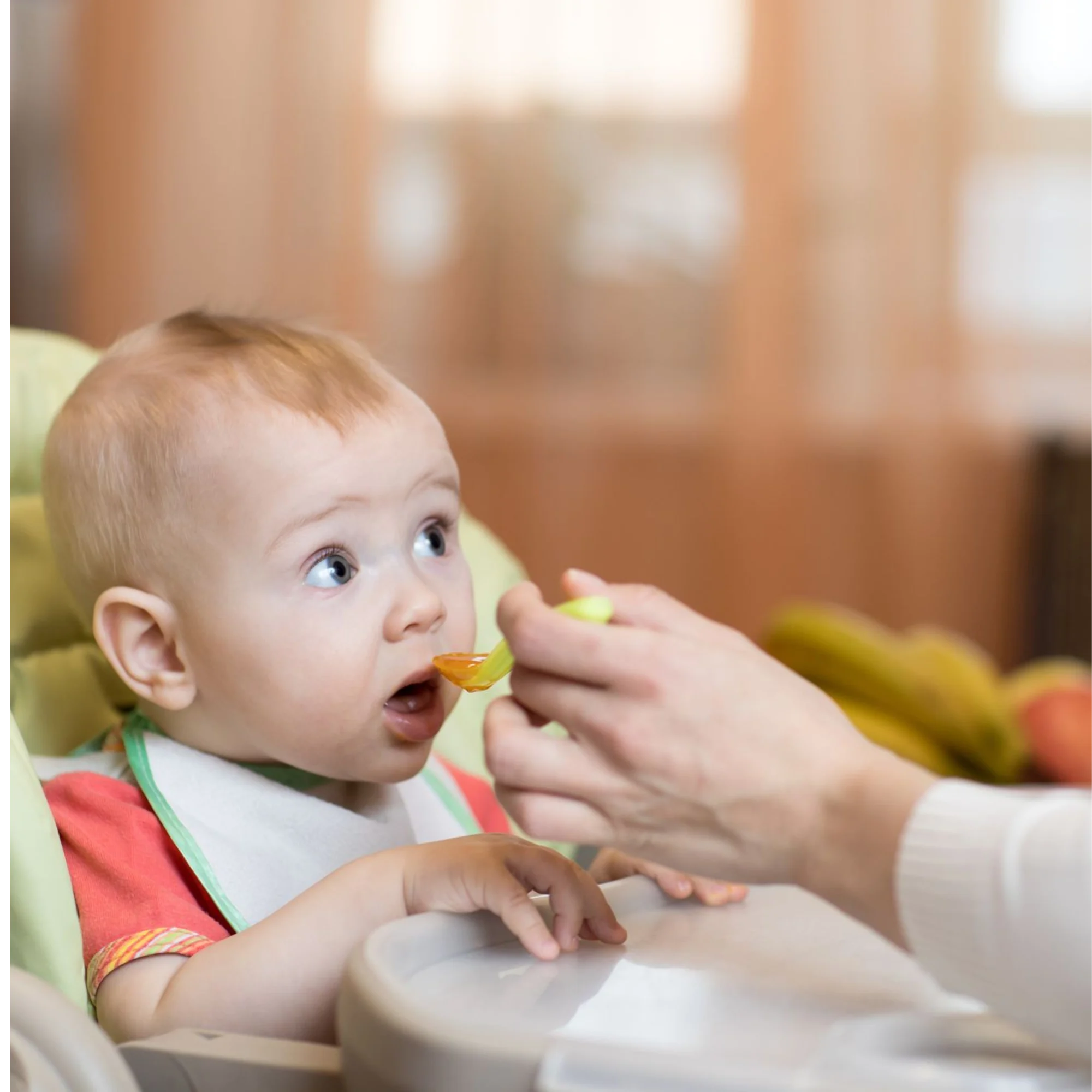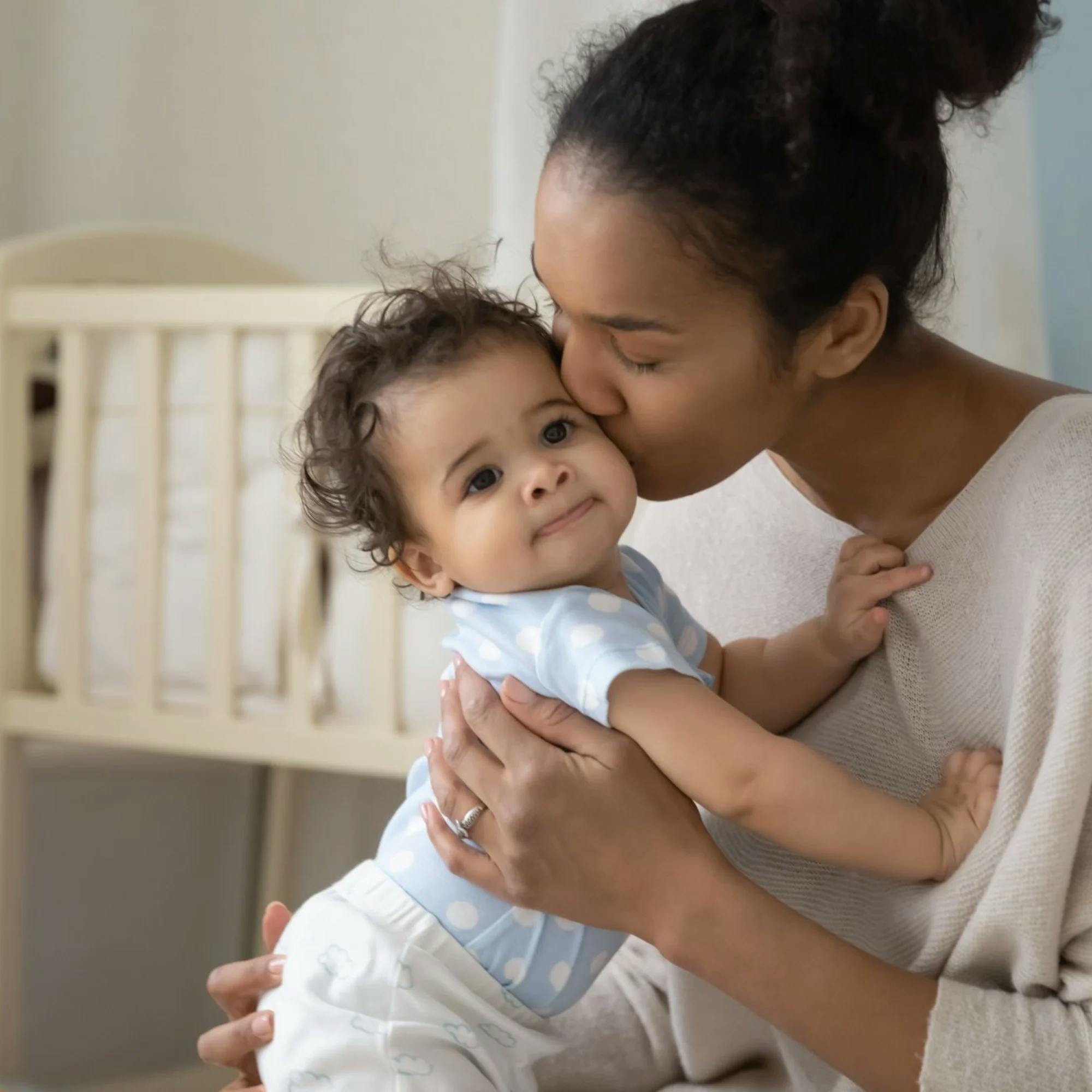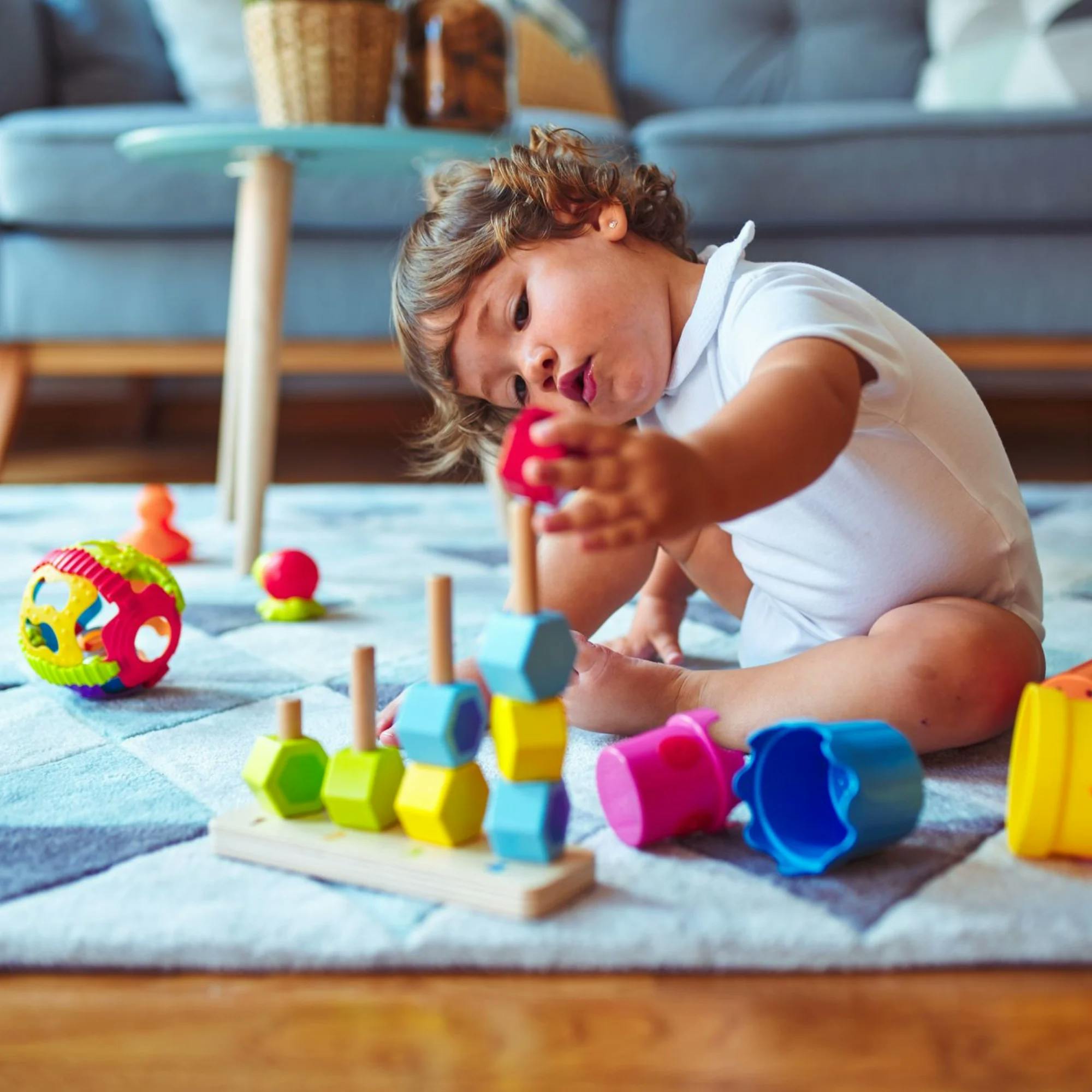"Functional" Words Help Your Child Communicate
Hearing your child say their first word is a moment you’re sure to remember! It starts with one word, then a few more, and eventually your little one will be chatting up a storm–making requests, asking questions, and commenting on what they see and feel.
But how does a child get to this point? How does their ability to use words grow? Children begin to truly understand the purpose of communication through the use of functional words. These are everyday words that can be used for a specific purpose, such as to ask for something. Let’s discuss how to help your child improve their communication by using functional words more often.
As children begin to talk, they typically start by using words to label things, such as “Mama!” or “dog!” They use these words to name what and who they see.
Over time, children shift from using words only to label, to using words functionally in order to request something. These may be words like help, please, stop, or more. And they may be words that were previously used to label, but are now being used to request. At first, your child may have been saying “Cookie!” Now they may be asking “Cookie?,” with the goal of requesting a treat. This is a huge milestone! Functional words are important because they help children request their wants and needs.
It takes some time for kids to learn how to use functional words. But you can help by modeling, or using, these words yourself. Pick an activity with a snack, toy, or any other item that your child would be motivated to request.
For example, if you’re giving your child crackers, pause and wait before you give them each cracker. Model the request “Cracker?” And see if they’ll repeat after you.
If you’re playing a fun game like “peek-a-boo,” pause between each turn and model the word “More?” See if your child will imitate you.
If your child doesn’t repeat the word after you, give them a few chances. Then continue on with the game or activity. Your models are showing your child what they could have said. Eventually, they’ll start using these functional words themselves.
It’s important to practice using functional words daily, during all kinds of activities. The more examples your child hears, the more they’ll start to understand how they can use these words. Remember, it’s helpful to focus on things your child will want to request, like a favorite toy, snack, or activity. When they’re motivated, they’re more likely to learn.
Functional words can take some time to master. But if your child is older than 14 months and you’re not seeing progress after practicing for a month or so, reach out to a speech therapist. They can help you determine the next steps to support your child.
So to wrap up, functional words are some of the most exciting ways kids learn to communicate. When they start using words functionally, they feel a sense of reward–they communicate what they need, then they receive it in return. This motivates them to keep growing their communication skills! Use the tips we’ve covered here, and you’ll be helping them in that growth. And remember, don’t hesitate to contact a speech therapist if you need some extra support.






